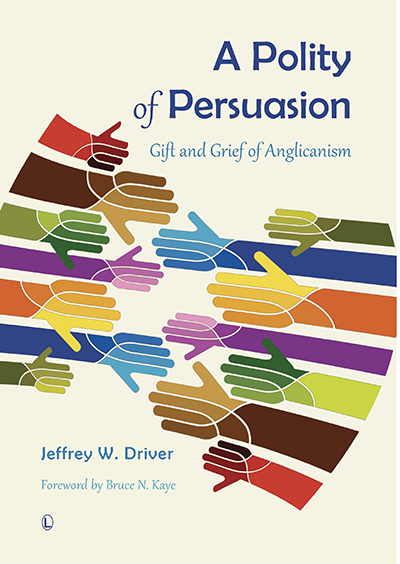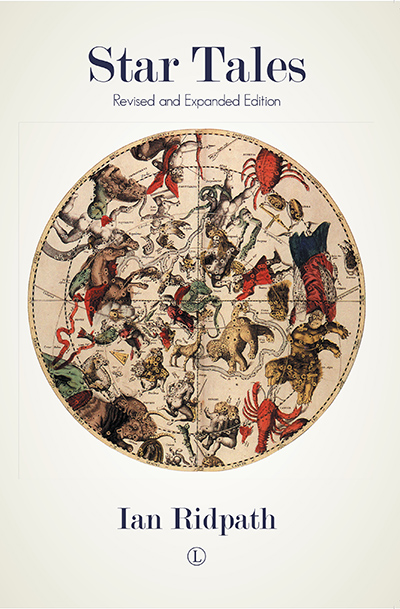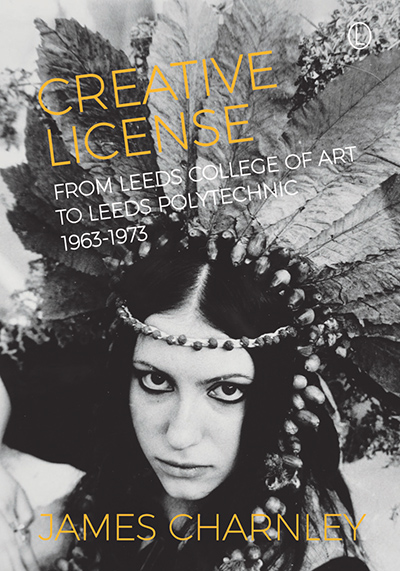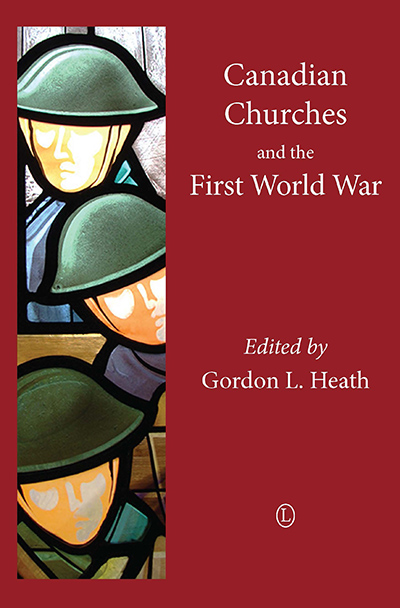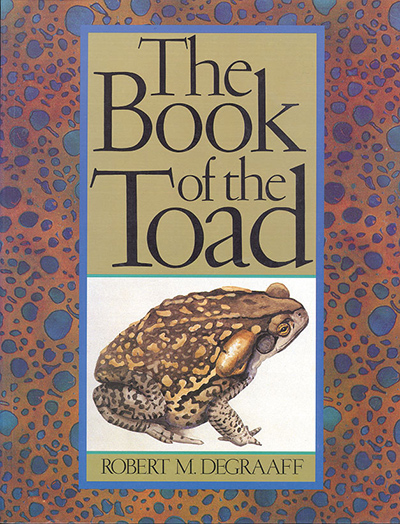Description
At an international level, Anglicanism has almost no mandating or juridical power. Stresses and threats of division over issues such as human sexuality have resulted in moves to enhance the Communion’s central structures and instruments. However, it is becoming clear that there is little likelihood of substantial change in this direction succeeding, at least in the medium term. The challenge for Anglicanism is to make a ‘polity of persuasion’ work more effectively. This volume seeks to identify some trends and shifts of emphasis in Anglican ecclesiology to serve that end.
Jeffrey W. Driver argues that there is more at stake in such an exercise than Anglican unity. In an ever-shrinking, pluralist, and conflicted world, where oneness is often forced by dominance, the people of God are called to model something different. The injunction of Jesus, ‘it is not so among you’, challenged his followers to use power and live in community in a way that contrasted with what occurred ‘among the Gentiles’ (Mark 10:41-45). This is why the sometimes tedious debates about authority and structure in the Anglican Communion could actually matter – because they might have something to say about being human in community, about sharing power and coexisting, about living interdependently on a tiny and increasingly stressed planet. The Anglican experiment in dispersed authority, for all its grief, could be a powerful gift.
About the Author
Jeffrey W. Driver is the Anglican Archbishop of Adelaide in Australia. He is an adjunct lecturer in the School of Theology at Charles Sturt University, Canberra.
Contents
Foreword by Bruce N. Kaye
Acknowledgments
1. Dispersed Authority – Dispersed Communion?
2. Authority, Conflict, and Communion
3. Windsor and the Windsor Covenant – Trending More towards the Center
4. Communion and the Dialectic of Open Reception
5. A “Down-Under” Perspective: Communion Themes and Australian Debates
6. Developing a Polity of Persuasion for the Twenty-First Century
7. Holy Trinity – Unholy Conflict?
Bibliography
Subject Index
Scripture Index
Endorsements and Reviews
There can be few writers, at present, who are able to comment on the challenges that are facing Anglicanism, with such wisdom and insight. Driver writes as both a scholar and an archbishop, and as such is able to bring an all too rare re-visioning of what the church is and might yet become. This is an accessible and scholarly book that leads to deeper reflection and new ways of envisioning Anglican Identity.
Martyn Percy, Principal of Ripon College, Oxford
Driver’s own contributions to public discussions about the identity and integrity of Anglicanism as a senior church leader reveal his personal commitment to respectful dialogue and his deeply held conviction that fellowship is integral to theological discourse. … Those alleging that the Anglican Communion is dying will find much that is life-giving in this highly engaging and thoroughly insightful book.
Tom Frame, former Director of St Mark’s National Theological Centre, Canberra, Australia
[A] timely and readable study … The Anglican Communion is called to model difference without destruction, passionate conviction without wrecking the peace, for this vulnerable planet. But what to do when mere persuasion fails, differences are tested to destruction, and the peace is shattered? Is that where the provisions of the Anglican Covenant come in? Driver makes a persuasive case to that effect.
Church Times, Vol 19, Issue 26
Driver has provided a timely analysis of the present mood of Anglicanism. Chapter by chapter, Driver is essentially championing Anglican models of dispersed authority as they have developed around the world. However, he not only champions what is, but envisages a rich future of what Anglicanism might become. Driver encourages the communion not to flee from conversation but to commit to ongoing dialogue across continents, cultures and churches, no matter how difficult those conversations often are. This accessible publication is highly recommended to all those interested in Anglican studies, lay and ordained alike.
Luke Hopkins, in Modern Believing, Vol 56, Issue 2

